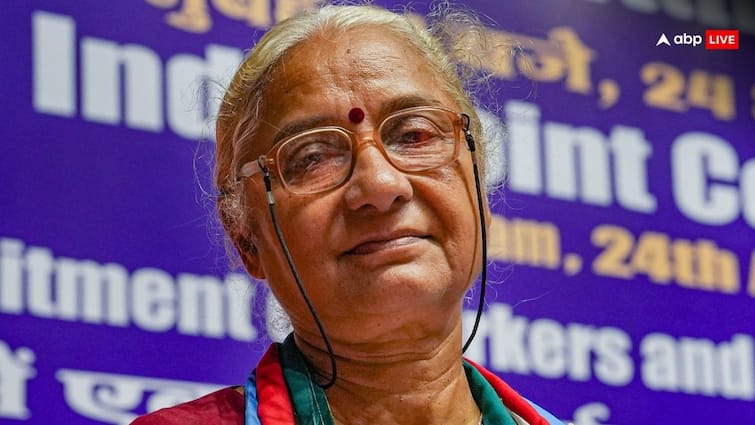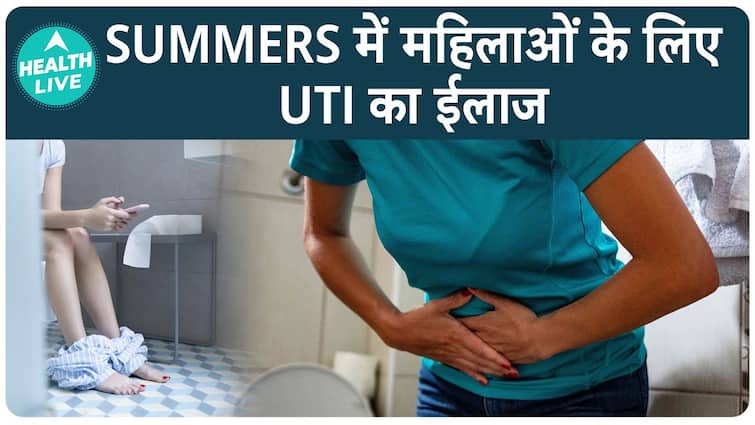Ways To Reduce Risk Of Kidney Cancer
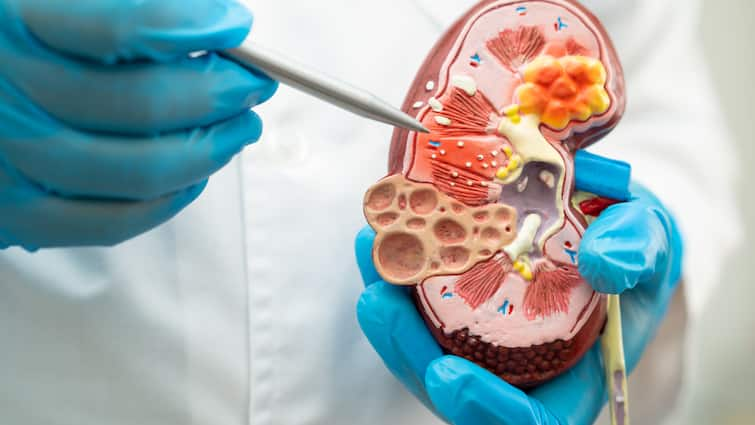
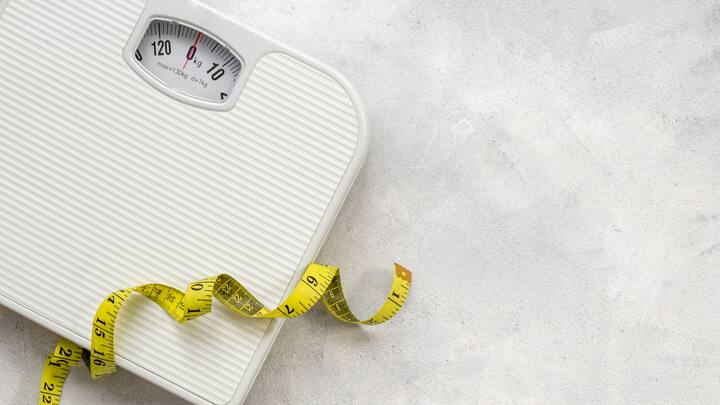
Maintain a healthy weight: Obesity is a known risk factor for kidney cancer. Maintaining a healthy weight through a balanced diet and physical activity can reduce the risk significantly. Aim for a diet rich in fruits, vegetables, and whole grains, and limit the intake of processed foods and sugars. (Image Source: Canva)
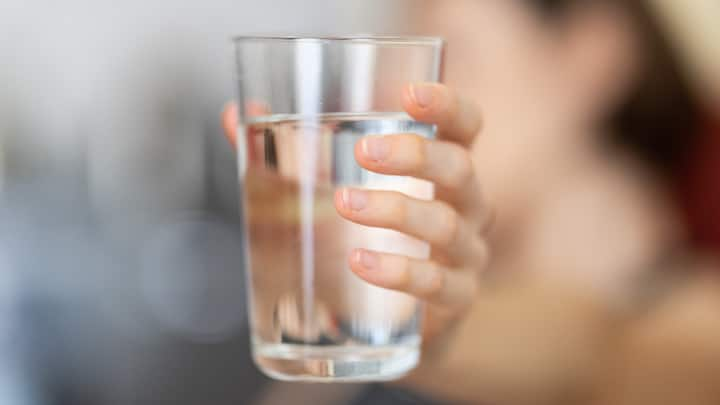
Stay hydrated: Proper hydration is essential for kidney health. Drinking plenty of water helps flush out toxins that can accumulate in the kidneys, potentially leading to cancer. Aim to drink at least eight glasses of water daily to keep your kidneys functioning optimally. (Image Source: Canva)
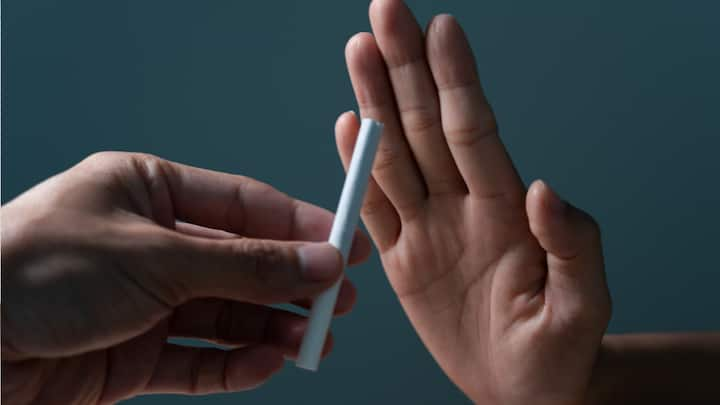
Avoid smoking: Smoking is a major risk factor for many types of cancer, including kidney cancer. Quitting smoking can significantly reduce the risk of developing kidney cancer. Seek support through smoking cessation programs or counselling to help kick the habit. (Image Source: Canva)

Be cautious with painkillers: Long-term use of certain painkillers, especially non-prescription drugs like ibuprofen and aspirin, can harm your kidneys. Use painkillers only as directed by your healthcare provider and explore alternative pain management methods when possible. (Image Source: Canva)

Adopt a healthy diet: Diets high in fruits, vegetables, and lean proteins can help maintain overall health and reduce cancer risk. Avoid excessive consumption of red meat and processed foods, which have been linked to higher cancer risk. Incorporate antioxidants and nutrients that support kidney health. (Image Source: Canva)
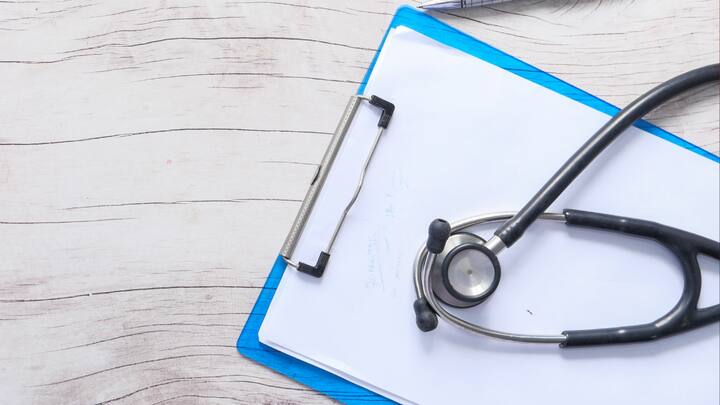
Regular medical check-ups: Regular health check-ups can help in the early detection of potential issues, including kidney abnormalities. Discuss your risk factors with your healthcare provider and consider regular screenings if you are at higher risk due to family history or other factors. (Image Source: Canva)
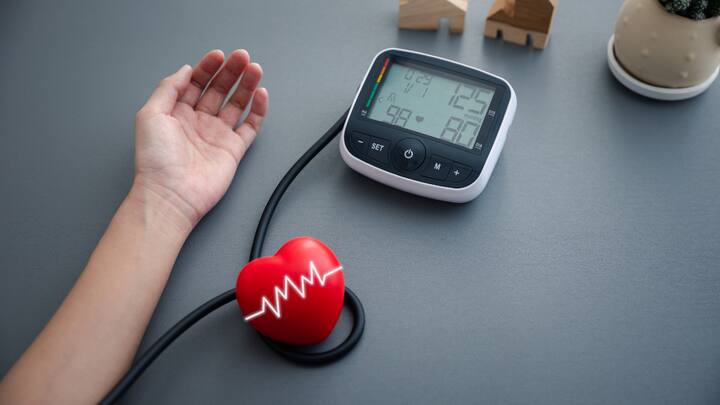
Monitor blood pressure: High blood pressure can damage the kidneys over time and increase the risk of kidney cancer. Regularly monitoring and managing blood pressure through lifestyle changes and medication, if necessary, is crucial. Reduce salt intake, exercise regularly, and follow your doctor’s advice to maintain healthy blood pressure levels. (Image Source: Canva)
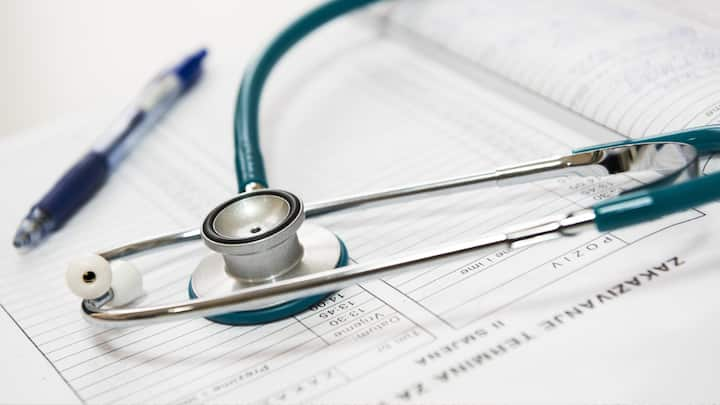
Inputs by: Dr. Bhavna Bansal Senior Consultant and HOD, Histopathology – Oncquest Laboratories (Image Source: Canva)
Published at : 15 Jun 2024 01:27 PM (IST)


